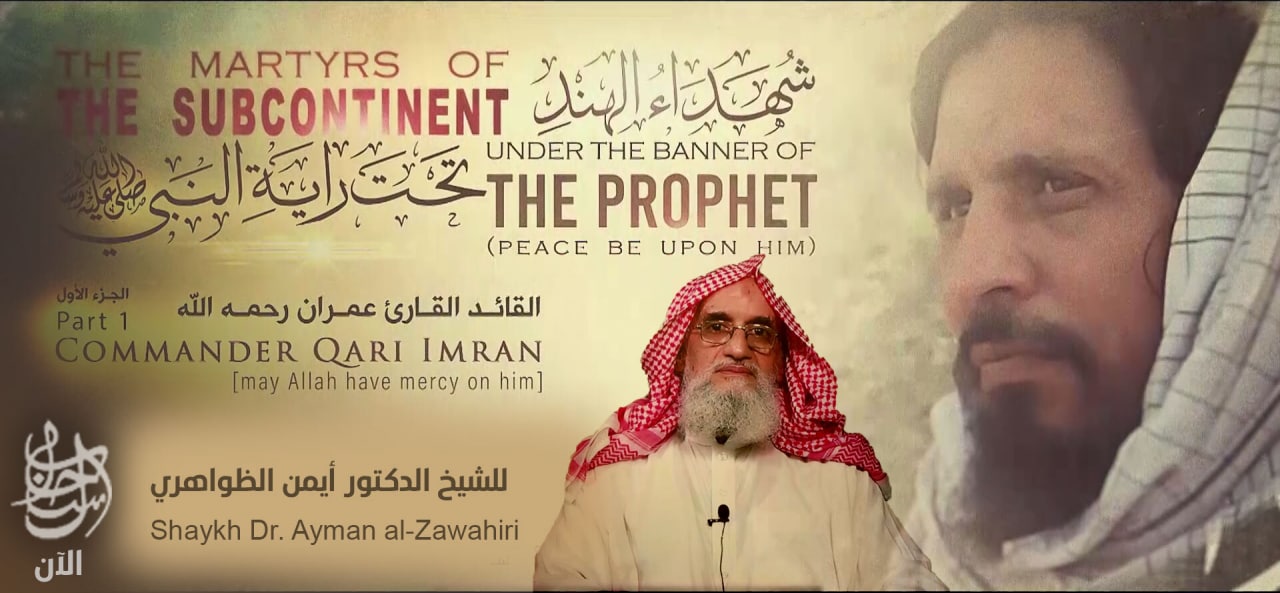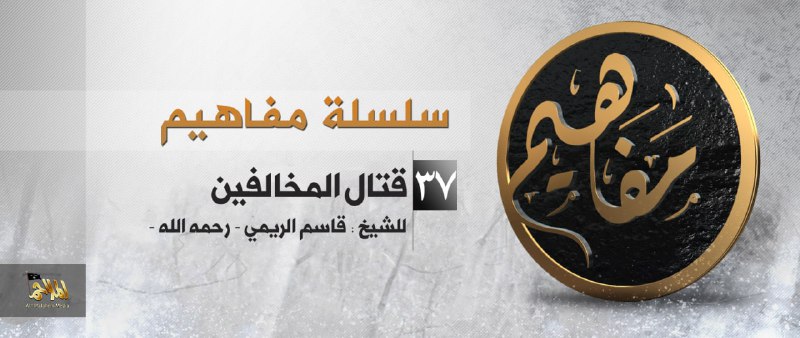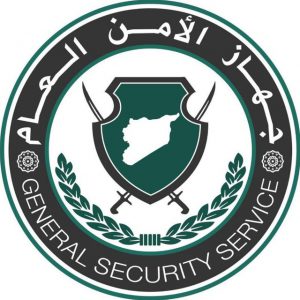
كل ثائرٍ حر.. مجاهدٍ مرابط.. مقاومٍ مناضل.. صامدٍ ثابت.. من الثوريين والمجاهدين والمهاجرين والمهجّرين..
ينبغي له عدم التأثر بالتصريحات التركية حول إمكانية عقد لقاء بين الرئيس التركي و #السفاح_بشار برعاية #السفاح_بوتين.
فهذه اللقاءات سواء كانت للاستهلاك الإعلامي، أو لتمرير مرحلة، أو مثّلت توجهًا لدى القيادة التركية، فعلينا أن نعلم أن تركيا -من الأساس- لا تتحرك إلا وفق مصالحها الوطنية والقومية، كما بقية الدول. وإنما يخطئ كثيرون حينما يفسرون مواقف الدول تفسيرات عاطفية؛ تأخذ منحى الحب والإعجاب، فيرى في تركيا دولةَ خلافةٍ عثمانية جديدة!، أو منحى الكره والبغض، فيرى في تركيا عميلةً تابعة للغرب وأوامره!.
والواقع أن تركيا لم تطرح نفسها كدولة خلافة، ولا هي تلك الدولة التي تتحرك وفق أوامر الغرب أو الشرق.
فتركيا دولة إقليمية لها وزنها وثقلها الإقليمي، ووقفت مع الثورة لمصالح تراها، دون إغفال لونٍ أخلاقيٍ ما.
تتقاطع بعض مصالح تركيا مع الثورة نعم، ولكن لدى تركيا مصالح مع روسيا، وأخرى مع إيران، وثالثة مع الغرب الأوروبي والأمريكي، ورابعة مع المحيط العربي، وخامسة وسادسة… كما لديها مصالحها الداخلية.
والسياق الداخلي في تركيا (مع المزاج الانتخابي الحالي)، له تأثيراته وانعكاساته على التصريحات والخطوات التركية، وربما يكون له تأثير في تحوّل التصريحات إلى شيءٍ من التوجهات، خصوصًا إذا أخذنا بعين الاعتبار؛ طبيعة العلاقات التي كانت تربط سوريا بتركيا ما قبل الثورة + طول أمد الثورة بالنسبة لتركيا + جهود روسيا الدبلوماسية لإعادة تأهيل الأسد سياسيًا، عقب النجاحات العسكرية التي حققتها روسيا.
سواء وافقنا على/ أو شجبنا ونددنا بـِ “الموقف التركي” (وبالطبع ينبغي التنديد بأي خطوة تخطوها تركيا أو غيرها باتجاه #السفاح_بشار) إلا أن الذي يهمنا ويعنينا أكثر من التنديد، -إذ التنديد وحده لا يكفي- هو موقفنا نحن كـَ “قوى ثورية ومجاهدة”.
فطالما اتفقت كلمتنا جميعًا -رغم خلافاتنا التي ينبغي حلها- على رفض مصالحة النظام المجرم، أو إعادة التطبيع معه.. وطالما عقدنا العزم على الاستمرار في طريق الثورة والجهاد حتى إسقاطه، فلن تؤثر فينا تصريحات أو لقاءات تركيا تأثيرًا ذي بال، رغم وجود التأثير فيما لو تحوّلت المسألة إلى توجهٍ تركي.
لست أقول هذا لتبرير أي موقف قد يصدر عن الدولة التركية، فلا تبرير لبسمةٍ في وجه السفاح، فكيف باللقاء؟!. ولكني أقوله تفسيرًا للحال والواقع، علّنا نسير تجاه الحل الذي نملكه بأيدينا، ولكنّا نصرّ على أن نستجديه من غيرنا، فإن لم يفعل بدأنا نسبّه ونشتمه، متغافلين عما يمكن أن نحققه لو وحّدنا مواقفنا.
فإذا كنا نحن من سمح للغير -تركيًّا كان أو غيره- بالدخول من ثغرة خلافاتنا، أو غيرها من الثغرات، فلا نلومنّ تركيا التي تسعى وراء مصالحها، ولنلُم أنفسنا أننا لم نجتمع على مصالحنا الكليّة العليا، كثوار ومجاهدين نريد إسقاط نظام بشار المجرم، وبناء سوريا التي تليق بنا كجزءٍ من العروبة والإسلام والتاريخ.
وطالما أن كل كيان يحترم نفسه، دولةً كان أو ما دونها، يعمل على رسم استراتيجيته وتحقيق أهدافه بحسب ترتيبها الأولوي، ويسخّر إمكانياته وطاقاته في سبيل ذلك، وينسج علاقاته بناء على ما تحققه له من مصالح في ضوء ما سبق..
وطالما نعلم جميعًا أن أولى أولوياتنا هي الاستمرار في هذا الطريق حتى إسقاط النظام المجرم..
فعندها ينبغي أن ينسج الجميع علاقاته بناء على تحقيق هذا الهدف = (إسقاط النظام). فإسقاط النظام هو المصلحة الأولى والعليا لهذه الثورة، والتي في ضوئها ينبغي نسج العلاقة مع الجار التركي أو غيره من الكيانات والدول، ومالم يرَ التركيُّ من الجميع (نعم؛ الجميع) تكاتفًا لرفض تمرير أي خطوة، من خطوات التمهيد للمصالحة مع الأسد المجرم، فسيتحرك غيرَ آبهٍ بوجود كيانٍ ثوريٍ يمكن أن يُحسَبَ لرفضه حساب.
لا أعتقد أن ما بيننا من خلافات هو أكبر من أن نجتمع لإفشال تمرير المصالحة المتوجّسة، وأعتقد أن الحل بأيدينا -إن كنا يدًا واحدةً- في رفض أي خطوة تصالحية أو تطبيعيّة. ولا يعني هذا بالطبع أن نندمج بين عشيةٍ وضحاها، فهذا مطلب غير ممكن -واقعًا- حاليًّا، رغم وجوبه الشرعي.
فليتحرك التركي وفق ما يرى من مصالح، ولنتحرك نحن جميعًا وفق مصالح وأولويات ثورتنا، لا وفق مصالح أو أجندات أو أولويات أو ضغوطات أحد، تركيًّا كان أو غيره، دون معاداة تركيا، وعندها سنجد أن تركيا ستحسب لمواقفنا حسابًا -لدى دراسة قراراتها وتحركاتها وتصريحاتها-.
كلنا نجتمع على رابطة الثورة والجهاد، بعد رابطة الإسلام، ولا نختلف حول أولوية إسقاط النظام المجرم. فيمكن أن تكون هذه النقطة الجامعة هي التي نصوغ تحركاتنا ومواقفنا بناء عليها، ثم نبني على هذه المتفقات.
لا أقول هذا لجماعة أو تنظيم معيّن، بل لعموم قوى الثورة، كموقف عمليٍ يمكننا الانطلاق منه إزاء ما يمكن أن يصدر عن تركيا.
والله الموفق
_____________
Source: Telegram
To inquire about a translation for this release for a fee email: [email protected]





